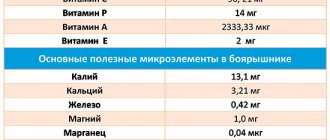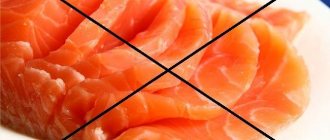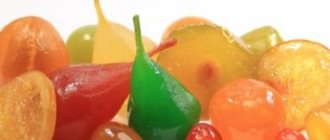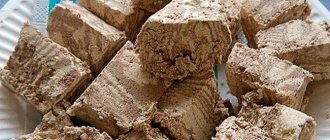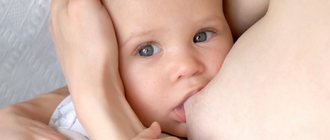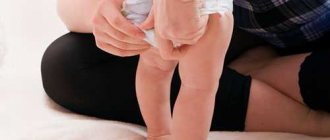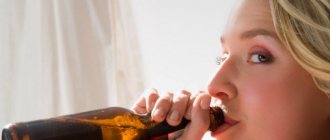Alcohol while breastfeeding: consequences
IMPORTANT: Systematic consumption of alcoholic beverages can cause disturbances in the functioning of hormones responsible for lactation.
For a breastfeeding woman, drinking alcohol can cause a reduction in milk production:
- Alcohol dehydrates the body, which negatively affects the amount of breast milk
- According to a 1988 study conducted on lactating female rats, an inhibitory effect of alcohol on the production of prolactin was found. Oxytocin, which is responsible for the milk ejection reflex, is also affected by alcohol intake. A 1992 study showed a significant reduction in milk output in response to a few grams of ethanol.
- slowing down the reaction. Caring for a child requires vigilance and maximum concentration. Alcohol can obviously deprive a woman of these qualities
The effect of alcohol on a baby while breastfeeding
If a woman abuses alcohol, the child may experience:
- underweight
- increased drowsiness
- impaired mental function
- sleep disorders
- delay in motor development
- addiction to alcohol
In 1989, a study was conducted in the United States on the effects of alcohol on the intellectual and physical development of one-year-old breastfed children.
Among 400 children who took part in the experiment, whose mothers drank alcoholic beverages in small quantities and whose mothers did not drink alcohol at all, no difference was found in infant development.
IMPORTANT: The opposite situation was observed in children regularly exposed to alcohol. Significant differences were noted in the motor development of these children.
In another study on the effects of alcohol exposure on lactating rat pups, cellular immunity and central nervous system deficits were noted in the pups in the long term.
Negative effects of alcohol on infants
- negatively affects the nervous system;
- causes discomfort in the form of weakness and decreased blood pressure;
- increases the risk of colic in an infant;
- drinking large amounts of alcohol can lead to severe intoxication of the body;
- Possible addiction;
- the baby’s liver is not ready to process ethyl alcohol;
- it is possible that the child will refuse to breastfeed due to a change in the taste of milk;
- increases the chance of allergic reactions.
In what cases can a nursing woman drink alcohol?
Some women, after giving birth, may experience postpartum depression, and sometimes they believe that nothing bad will happen from one glass, but, on the contrary, will help normalize mental balance. However, alcoholic drinks in large doses will only do harm. Walking in the fresh air, shopping, meeting with friends, relaxing baths, and meditation help relieve stress after childbirth.
To minimize harm to their baby, mothers should follow simple rules:
- Alcohol, even in the smallest quantities, can cause great harm to the baby, so you should not drink alcohol until the child is six months old.
- It is possible to pamper yourself with table wine or the same champagne only after the baby reaches six months of age.
- It is worth putting the baby to the breast after three hours from the moment of drinking.
- If a feast cannot be avoided, then you need to express the milk into a bottle in advance.
- The maximum storage time for milk outside the refrigerator should be no more than three hours, and in the refrigerator - no more than a day.
Also, a nursing woman should know that ethanol is absorbed into the blood faster on an empty stomach. The concentration of ethyl alcohol in breast milk also increases. The consumption of alcoholic beverages should be postponed to a later period of the feast.
How much alcohol can you drink while breastfeeding?

The same amount of alcohol has a different effect on the state of intoxication of different people and on the rate of elimination of alcohol from their bodies. The following factors should be considered:
- child's age. The baby's liver is underdeveloped in the first weeks of life. The rate of alcohol elimination from the baby’s body is two times lower than that of his mother. Therefore, it is better to give up any amount of alcohol at least until the baby reaches three months of age.
- mother's weight. The lower the body weight, the longer the time interval for cleansing the body of ethanol
- food. The rate at which alcohol gets into milk depends on whether the alcohol was drunk on an empty stomach or during lunch.
IMPORTANT: Food, especially high-fat foods, makes it difficult for alcohol to penetrate the body.
Time frame for alcohol to leave the blood
Sparkling wines are absorbed into the blood at high speed, but they are excreted very slowly. Champagne enters the human body in just ten minutes, and 10% of what you drink goes straight into breast milk. The timing of ethanol removal from the body varies; it depends on a person’s body weight and metabolic rate. Also, do not forget about the cumulative effect of ethyl alcohol - it can accumulate in adipose tissue and gradually enter the body.

How to drink alcohol while breastfeeding?
Alcohol enters mother's milk and a woman's circulatory system in almost equal volumes (about 2% of the alcoholic beverage consumed). The ethanol concentration in milk reaches its maximum value after approximately ½-1 hour. The duration varies depending on the woman's weight, her metabolism, the percentage of fat in the food she eats and other factors.
IMPORTANT: Alcohol does not tend to accumulate in milk. Alcohol is removed from it at the same time it leaves the body’s circulatory system.
In other words, neither pumping milk nor drinking strong coffee or showering will speed up the process of clearing alcohol from your milk.

A few recommendations:
- If you intend to relax at an upcoming party with the help of alcohol, form a “expressed milk bank” in advance.
- If you have a glass of champagne or wine with dinner, wait at least two to three hours before your next breastfeeding.
- You should express milk if there is a need to relieve tension in the chest. This will not help remove alcohol from mother's milk.
- Alternatively, at a wedding or other festive event you can get by with non-alcoholic cocktails, the choice of which is now quite varied
Is it possible to drink beer while breastfeeding?
The point of view that beer can increase milk production is not supported by scientific facts. Studies show that after the mother drinks an alcoholic drink, the child demands the breast more often and eats longer.
It may seem to a woman that there is more milk, but in reality, the baby eats 20% less. Whether this is due to a deterioration in the smell of milk or to the suppression of the lactation reflex is not known for certain.
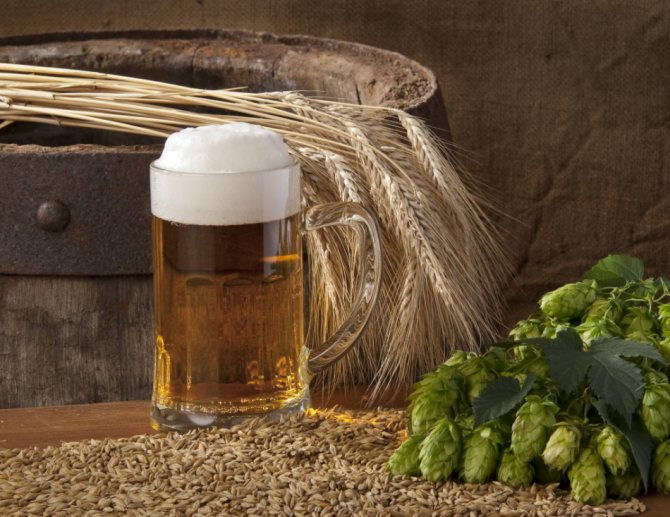
IMPORTANT: When preparing beer, natural ingredients are involved: hops and barley, which are not allergens.
Moreover, beer contains valuable B vitamins. Therefore, allowing yourself a small amount of beer from time to time is quite acceptable. However, when choosing beer, you should give preference to light varieties and bottled beer without preservatives.
Breastmilk Alcohol Removal Chart
When calculating, one serving is taken, namely one glass of wine (150 ml) with an alcohol content of 11%, or one mug of beer (350 ml) with an alcohol content of 5%, or one shot of strong drink (42 grams of vodka or cognac) with an alcohol content of 40 %.
| Body mass | Withdrawal time |
| 40 kg | 2 h 50 m |
| 45 kg | 2h 42m |
| 50 kg | 2h 36m |
| 55 kg | 2 h 30 m |
| 60 kg | 2h 24m |
| 65 kg | 2h 16m |
| 70 kg | 2h 12m |
| 75 kg | 2h 08m |
| 80 kg | 2h 03m |
| 85 kg | 1h 58m |
| 90 kg | 1h 54m |
| 95 kg | 1h 51m |
To calculate the elimination time, multiply the number of servings by the time depending on the weight.
So, with a weight of 60 kg and two glasses of wine, the alcohol will disappear from the body in 4 hours 48 minutes. Please note that expressing milk after drinking alcohol will not affect the speed of cleansing the body. The new supply of milk will contain the same amount of alcohol until the level drops in the blood. Subscribe to our VKontakte group
Drinking alcohol while breastfeeding: tips and reviews
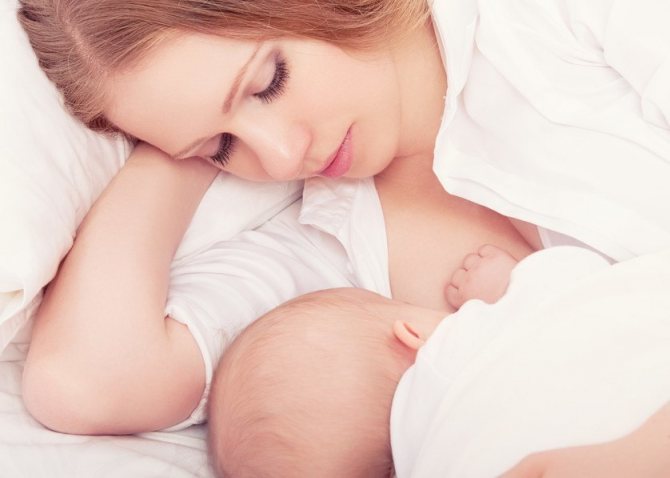
- Dr. Jack Newman from the international organization La Leche League believes that breastfeeding mothers should not be discouraged from sensibly drinking alcohol, due to the fact that alcohol, like some drugs, passes into milk in an insignificant amount
- A similar point of view about alcohol during breastfeeding is shared by pediatrician E. Komarovsky , who opposes categorical prohibitions
- Dr. Thomas Hale , recommends that mothers who drink alcohol in moderation breastfeed as soon as they feel normal again, citing that the average woman metabolizes 30 ml of alcohol in three hours
Nonalcoholic beer
Can a nursing mother drink non-alcoholic beer? If the baby is no more than two months old, then drinking non-alcoholic beer is prohibited. This is due to the fact that the baby’s digestive system is not yet formed. Even a couple of sips can cause colic and sleepless nights.
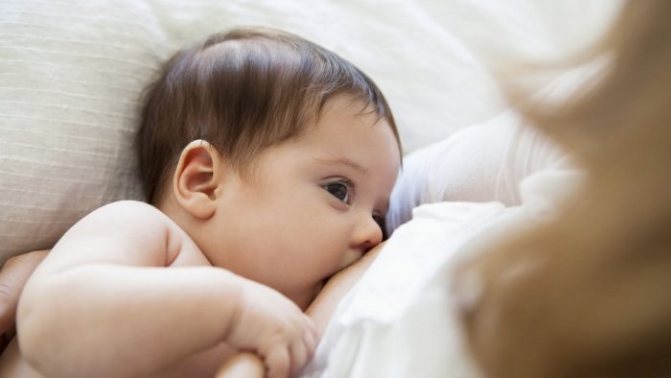
The alcohol content in the intoxicated drink is in the range of 0.1-2%. Non-alcoholic beer is also prohibited for a nursing mother during this period, because the baby’s body does not have enzymes that can break down alcohol. As a result, the baby may develop allergies or epilepsy.
At the age of 2 to 6 months, colic bothers the baby less. The diet of a nursing woman is gradually replenished with new products. Their choice should be approached with extreme caution, since the baby may be allergic to some foods, and drinking alcohol will only aggravate the situation. To avoid serious complications, it is not recommended for a nursing mother to drink non-alcoholic beer.
Is it possible to drink non-alcoholic beer between 6 and 9 months of age? At this age, mothers begin to introduce the first complementary foods, so after drinking alcohol, the baby may develop a rash or redness. Children aged 9 months and older are allowed to drink only high-quality “zero” beer. Non-alcoholic beer during breastfeeding stimulates the production of the hormone prolactin and also has a calming effect on the mother and her baby.
In order for mother's milk to be beneficial for the baby, harmful foods, especially alcohol, must be excluded from her diet. Alcohol during breastfeeding has a detrimental effect not only on the health of the mother, but also her baby. A woman must decide for herself whether to drink alcohol or not during lactation.
Harm of alcohol while breastfeeding
The dangers of alcohol can be stated only in cases of regular consumption of alcohol in significant quantities. Refusal to breastfeed would be a greater loss for the infant than the existing risk from occasional consumption of alcoholic beverages.
But a nursing woman must make a decision for herself: whether she should experiment with alcohol-containing drinks during lactation. To be sure, it is better to prepare expressed milk in advance and resume breastfeeding after ethanol has been completely removed from the female body.

